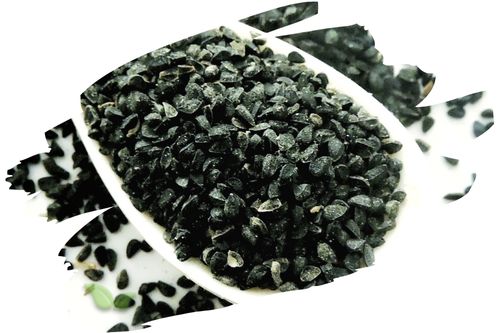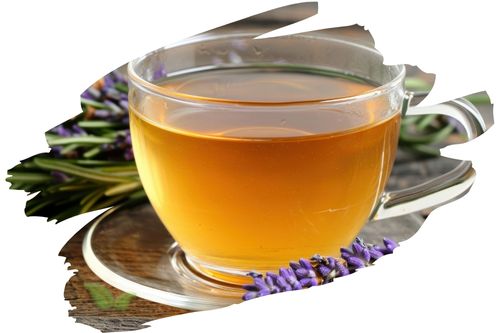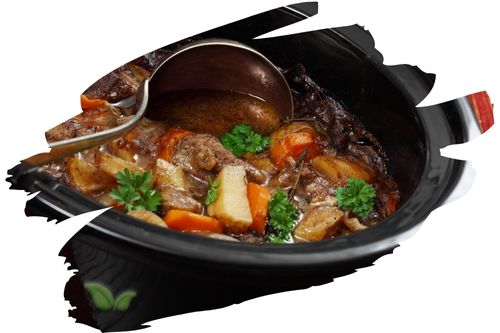
Introduction
When it comes to adding depth and complexity to your dishes, the choice of spices can make all the difference. Fenugreek and Mustard Seeds are two versatile ingredients that grace the cuisines of various cultures worldwide. In this article, we'll delve into the unique characteristics of Fenugreek and Mustard Seeds, exploring their flavors, uses, and culinary significance. Let's embark on this flavorful journey.
Fenugreek vs. Mustard Seeds: A Head-to-Head Comparison
Flavor Profile
Both Fenugreek and Mustard Seeds offer distinct flavors to dishes, but they are poles apart in taste.
Fenugreek Seeds: Fenugreek seeds have a slightly bitter taste with a hint of maple syrup sweetness. They add a unique earthiness and depth to dishes. These seeds are a staple in Indian and Middle Eastern cuisines, often used in curries, spice blends, and pickles.
Mustard Seeds: Mustard seeds, on the other hand, provide a sharp and pungent flavor, synonymous with the condiment mustard. They can be yellow, brown, or black, each offering its own intensity. Mustard seeds are widely used in sauces, salad dressings, and as a seasoning in various dishes.
Culinary Uses
Understanding when and how to use these seeds is crucial for elevating your culinary creations.
Fenugreek Seeds:
- Enhance curries and stews with their warm, nutty flavor.
- Ground fenugreek is a key ingredient in spice mixes like curry powder.
- Soaked fenugreek seeds can be used to make a nutritious paste for various dishes.
Mustard Seeds:
- Tempering dishes with mustard seeds in hot oil is a common technique in Indian cooking.
- Yellow mustard seeds are used for milder flavor, while brown and black add more heat.
- Mustard seeds can also be pickled for a tangy condiment.
Incorporating Fenugreek vs. Mustard Seeds in Your Cooking
Pairing with Ingredients
Both Fenugreek and Mustard Seeds can be paired with various ingredients to create delectable dishes.
Fenugreek Seeds:
- Complement lentils, beans, and vegetables in Indian and Mediterranean cuisine.
- Combine with garlic and yogurt for a flavorful marinade.
- Add to bread and pastry dough for a unique twist.
Mustard Seeds:
- Elevate meats and seafood by marinating them with mustard seeds.
- Create a zesty salad dressing by blending mustard seeds with vinegar, oil, and honey.
- Use them to season roast vegetables for a savory kick.
Regional Variations
These seeds find unique applications in different cuisines.
Fenugreek Seeds:
- A fundamental spice in Indian curries and dals.
- A key ingredient in Ethiopian spice blends like "berbere."
Mustard Seeds:
- Essential in French cuisine, especially for making Dijon mustard.
- Used in Southern American pickles and relishes.
FAQs
Q: Can I substitute Fenugreek Seeds for Mustard Seeds in a recipe? A: While they have different flavors, you can substitute Fenugreek Seeds for Mustard Seeds if you're looking for a milder, nutty taste.
Q: Are Fenugreek and Mustard Seeds good for your health? A: Both seeds have potential health benefits, but we're not discussing health benefits in this article.
Q: Which cuisine uses both Fenugreek and Mustard Seeds extensively? A: Indian cuisine frequently incorporates both Fenugreek and Mustard Seeds in various dishes.
Q: Can I grind Mustard Seeds to make my own mustard? A: Absolutely! Grinding mustard seeds and mixing them with vinegar or wine can yield homemade mustard.
Q: Do Fenugreek and Mustard Seeds have any cultural significance? A: Yes, both seeds hold cultural importance in various cuisines and traditional medicine practices.
Q: Where can I purchase Fenugreek and Mustard Seeds? A: You can find these seeds in most grocery stores, spice shops, or online retailers.
Conclusion
In the realm of spices, Fenugreek and Mustard Seeds each bring their own unique flair to the table. Whether you prefer the warmth and earthiness of Fenugreek or the pungent kick of Mustard Seeds, experimenting with these culinary gems can open up a world of flavor possibilities in your cooking. So, go ahead and spice up your dishes with these delightful seeds, and watch your culinary creations flourish.
Alert: While spices can have many beneficial properties for health, using them for medical purposes should be done under the guidance and supervision of a healthcare professional or specialist. Some spices may interact with medications or cause adverse reactions in certain individuals, and it is important to use them safely and appropriately. If you are considering using spices for a medical condition, it is important to consult with a healthcare professional before doing so.




















































